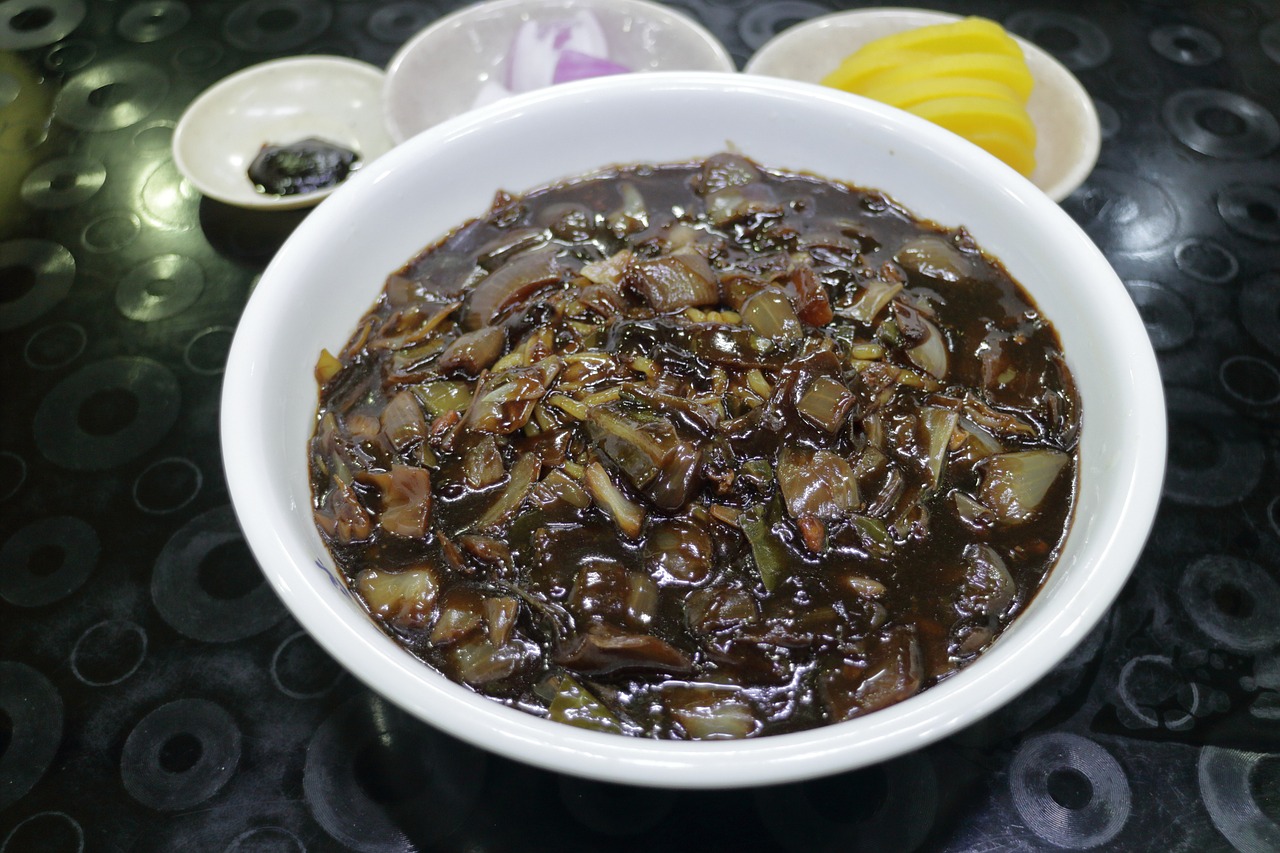Sustainable Innovations in Food Industry Practices
Importantly, one major challenge faced by the food industry is food waste. Every year, millions of tons of food are wasted, leading to not only economic losses but also environmental consequences. Efforts to reduce food waste and implement more sustainable practices throughout the supply chain are crucial for addressing this issue.
Additionally, another challenge in the food industry is ensuring food safety and quality. With the growing global population, the demand for food has increased significantly, putting pressure on producers to meet these demands while ensuring that food is safe for consumption. Strict regulations, quality control measures, and traceability systems are essential in order to maintain high standards of food safety and quality.
– Implementing more sustainable practices throughout the supply chain
– Reducing food waste to minimize economic losses and environmental consequences
– Ensuring food safety and quality standards are met to meet growing global demand
– Strict regulations, quality control measures, and traceability systems are essential for maintaining high standards
The Impact of Food Production on the Environment
Food production is a vital component of our daily lives, ensuring that we have access to a steady supply of food. However, the methods used in food production have a significant impact on the environment. The intensive farming practices, such as clearing land for agriculture and using large amounts of water and chemicals, contribute to deforestation, water pollution, and soil degradation. These environmental repercussions can lead to loss of biodiversity, disruption of ecosystems, and long-lasting damage to natural resources.
Furthermore, the transportation and distribution of food products also contribute to environmental degradation. The carbon emissions from trucks, ships, and planes used to transport food around the world not only add to air pollution but also contribute to climate change. As the demand for food continues to rise with a growing global population, the environmental impact of food production will only increase unless sustainable practices are implemented across the industry.
Emerging Technologies in Sustainable Agriculture
With the increasing demand for food production to sustain the growing global population, the agriculture industry is turning towards innovative technologies to enhance sustainability practices. One such technology that is gaining traction is precision agriculture. By utilizing sensors, GPS, and data analytics, farmers can optimize their use of resources such as water, pesticides, and fertilizers, leading to more efficient crop production and reduced environmental impact.
Another emerging technology in sustainable agriculture is vertical farming. This method involves growing crops in vertical stacks or layers, usually indoors and in controlled environments. Vertical farming allows for year-round production, minimal water usage, and the ability to grow crops in urban areas closer to consumers. This technology not only reduces the carbon footprint associated with transportation but also provides a solution to food security challenges in densely populated regions.
What are some of the challenges faced by the food industry in terms of sustainability?
The food industry faces challenges such as water scarcity, soil degradation, greenhouse gas emissions, and the loss of biodiversity.
How does food production impact the environment?
Food production contributes to deforestation, water pollution, soil erosion, and the release of greenhouse gases, all of which have negative impacts on the environment.
What are some of the emerging technologies being used in sustainable agriculture?
Some emerging technologies in sustainable agriculture include precision farming, vertical farming, aquaponics, drone technology, and biotechnology to improve crop yields and reduce environmental impacts.







